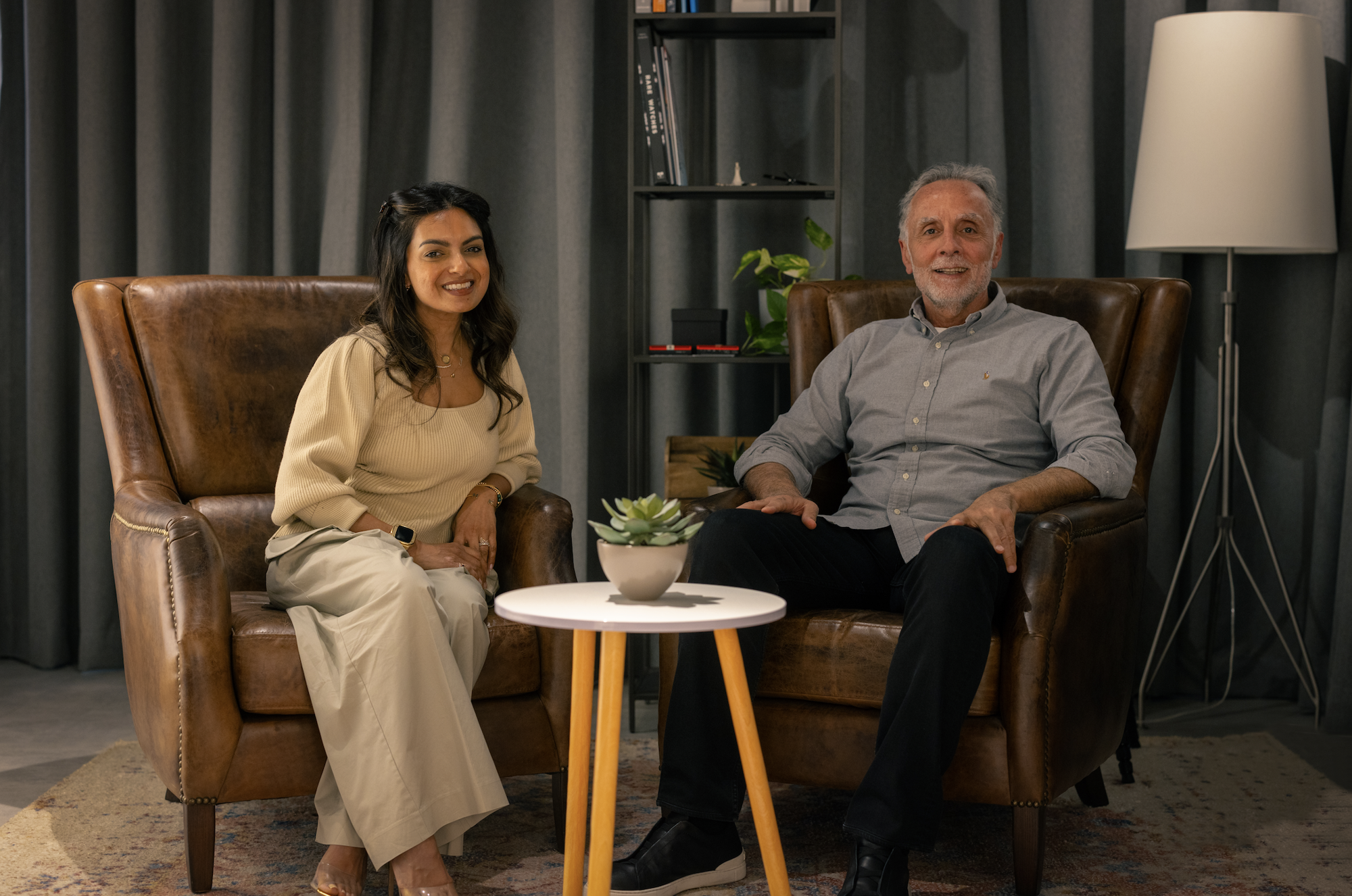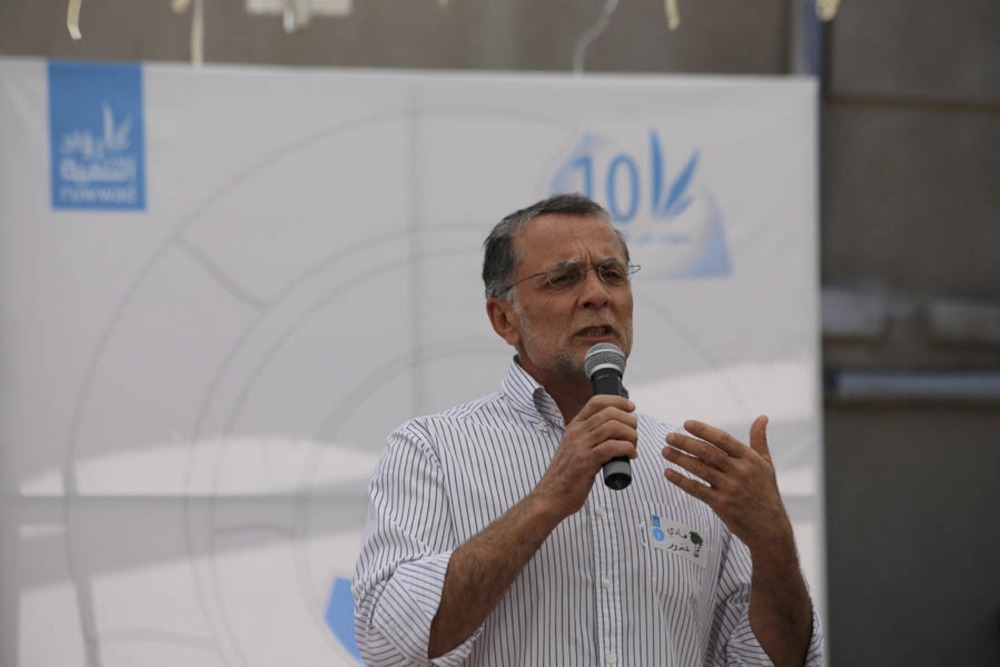A platform for impact
Arab businessman and philanthropist Fadi Ghandour explains why he favours long-term community partnerships and entrepreneurial engagement over quick and passive grant giving
Thursday, 25 July 2024

Arab businessman and philanthropist Fadi Ghandour explains why he favours long-term community partnerships and entrepreneurial engagement over quick and passive grant giving
Thursday, 25 July 2024

Find this episode on Apple or Spotify, or search for Shaping Philanthropy wherever you get your podcasts.
An entrepreneur, philanthropist, and social activist, Fadi Ghandour is best known as the founder of logistics company Aramex and start-up accelerator and investment platform Wamda. But he is also the brains behind Ruwwad, a pioneering nonprofit community development organisation engaging the private sector to work with disenfranchised communities in Jordan, Egypt, Lebanon and Palestine.
In this wide-ranging interview, Fadi outlines why he favours "entrepreneurial engagement" over "passive grant giving" and the importance of grassroots community engagement and platform building.
The UAE-based Jordanian makes the case for long-term partnerships over box-ticking and explains why giving is about more than money. "Change takes a long time, nothing happens overnight. You need to be in it for the long-term, you cannot just hit and run," he says. "You start with trying. Don't be afraid of the errors. Take the first step. The errors are where you learn and then you pivot... that's that's the "can do" mentality."
And he adds: "This is not about how much capital you have. This is about taking the initiative to go out and do… You don't need to solve the problems of the world with what you do, but solve a problem within your community, that's good enough."
"Change takes a long time, nothing happens overnight. You need to be in it for the long-term, you cannot just hit and run."
Fadi Ghandour, Arab philanthropist and entrepreneur

Fadi also talks to our host, Anissa Punjani, about the war in Gaza and the needs of people in the West Bank, calling on regional donors and businesses to think urgently about the "day after" and how they can help rebuild Palestinian lives and businesses.
“Whatever skill set you have, whatever you do, think of what part of your organisation can actually be part of the day after to alleviate the suffering of the Palestinians,” he said. “Palestine is an urgent need. If you are doing other things, maybe stop, take a breath, and focus on the urgent need of the Palestinians.”
Other topics covered in the interview include Fadi's optimism for the "new-gen" of regional philanthropists, and the enduring influence of his father, Ali Ghandour, who told him “there is no happiness if the community you live within is miserable” – a principle that continues to guide Fadi today.
Find out more about the work of Ruwwad in this case study from Circle.
It's a good idea to use a strong password that you're not using elsewhere.
Remember password? Login here
Our content is free but you need to subscribe to unlock full access to our site.
Already subscribed? Login here